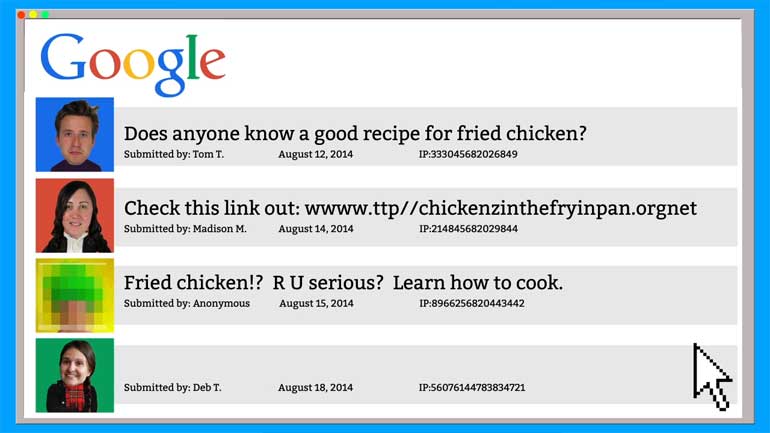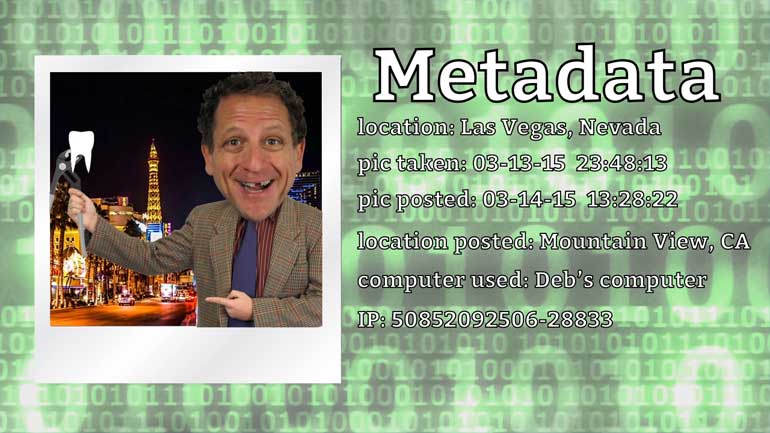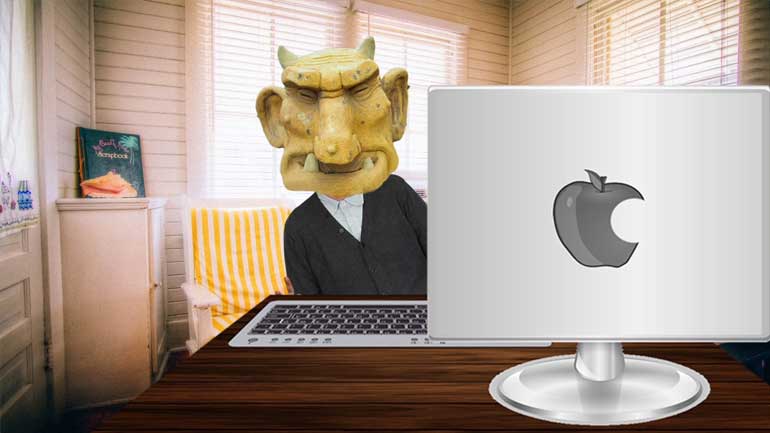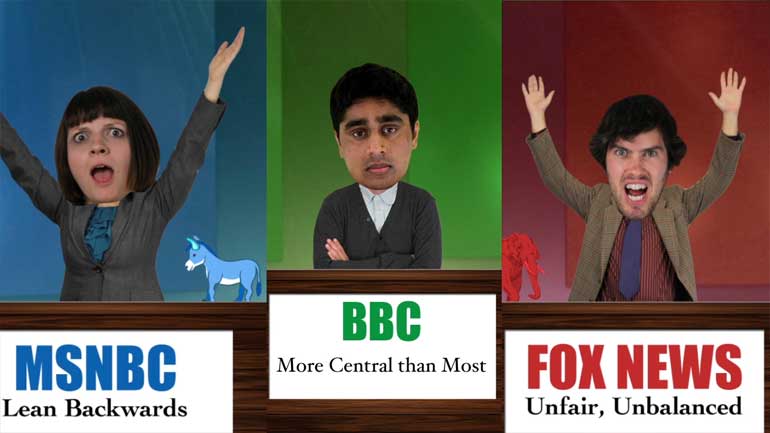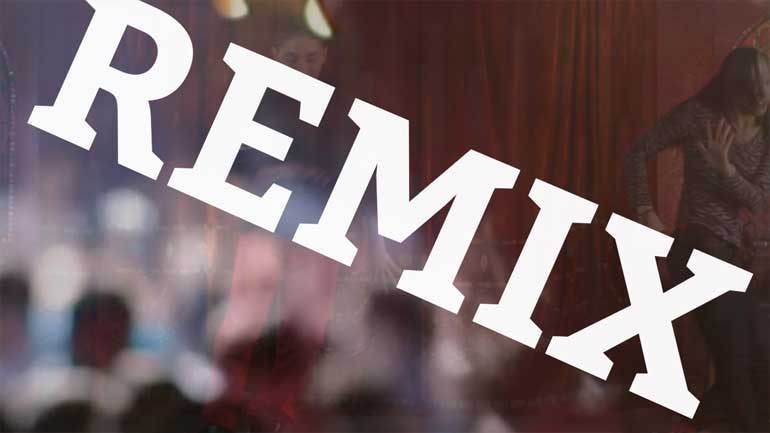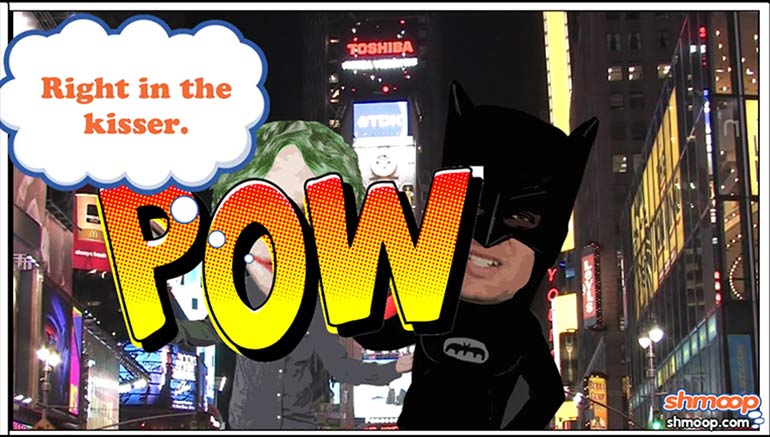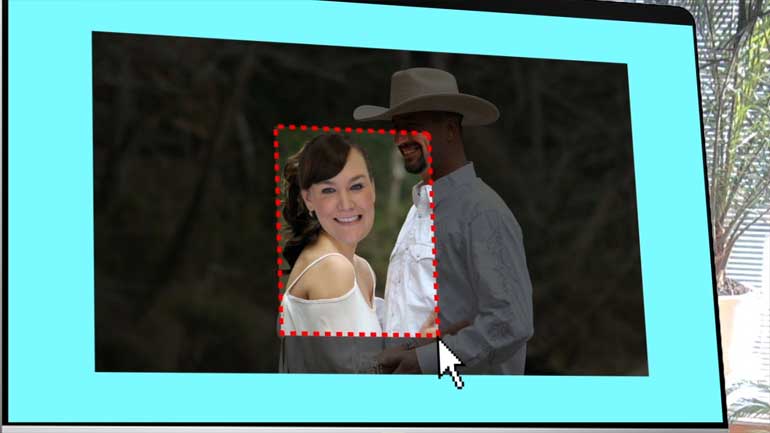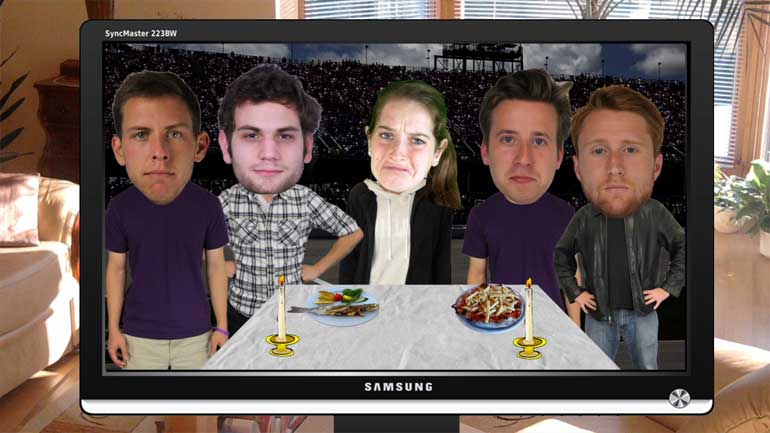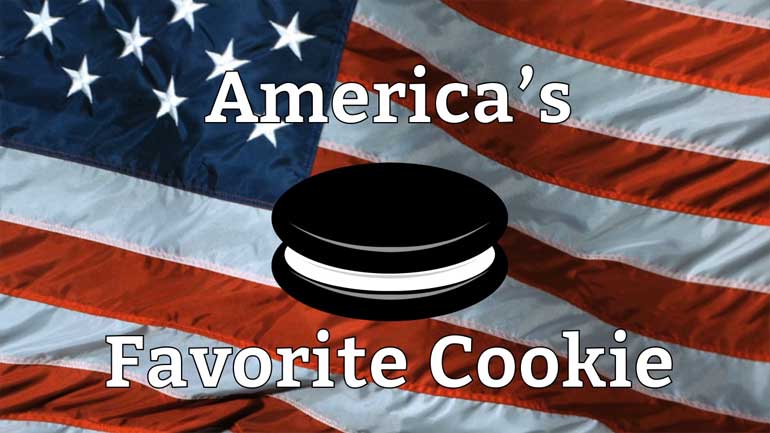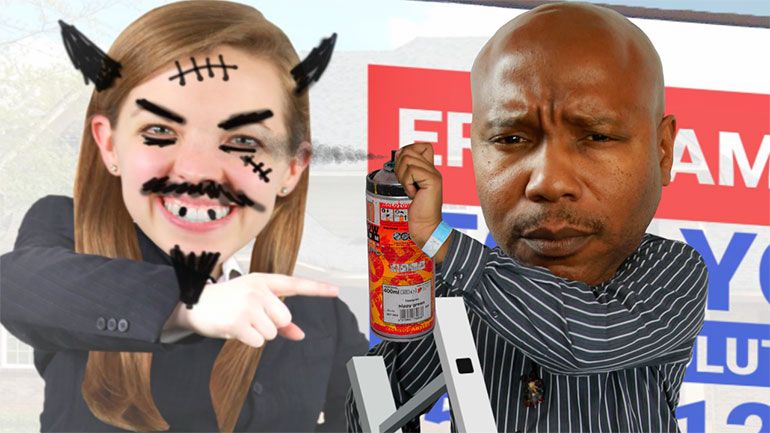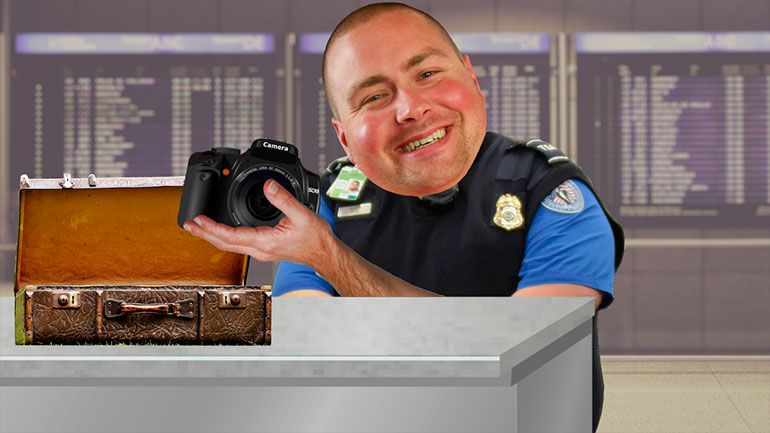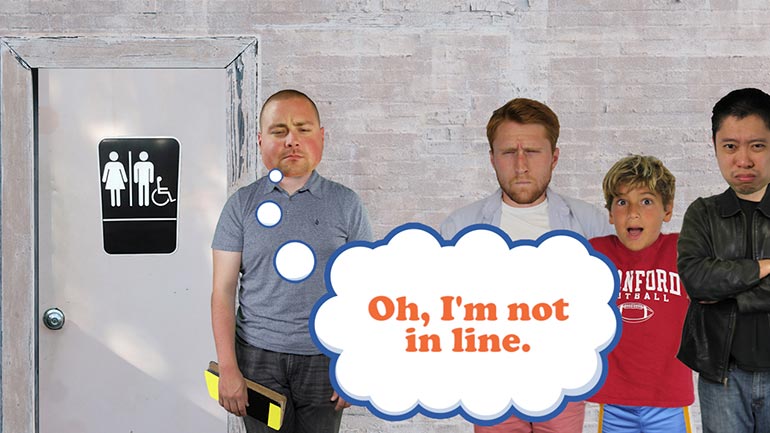ShmoopTube
Where Monty Python meets your 10th grade teacher.
Search Thousands of Shmoop Videos
Media Literacy Part 7: Money Changes Everything 267 Views
Share It!
Transcript
- 00:01
We speak student!
- 00:05
Media Literacy
- 00:07
Money Changes Everything
- 00:09
a la Shmoop
- 00:12
Money changes everything.
Full Transcript
- 00:13
The topic's the commercial nature of mass media,
- 00:16
meaning how do we make money from mass media?
- 00:19
So, Deb, talk to us about the economics of being loud.
- 00:23
What role does money play in mass media?
- 00:27
Yes, so all mass media is about money.
- 00:31
Basically everything's trying to sell you something, right?
- 00:34
But there are a bunch of different ways that
- 00:38
this money comes to be.
- 00:40
There's subscription models. This is when the consumer
- 00:45
pays to have the product.
- 00:47
This means the consumer is keeping the media running.
- 00:52
[ woo! ]
- 00:54
Then we have sponsorship.
- 00:57
That's the advertisements we normally think about.
- 01:00
So sponsorship is when
- 01:04
Gatorade pays
- 01:06
NBC to play its commercials.
- 01:10
And it's not just on TV. The same thing goes for
- 01:14
in a magazine
- 01:15
you see the perfume ads and stuff like that in magazines.
- 01:18
Same thing, it's sponsorship.
- 01:19
Someone is paying x amount of money,
- 01:21
usually a lot,
- 01:22
to get their product advertised somewhere else.
- 01:25
And that's how the money comes in there.
- 01:29
One is product placement.
- 01:31
If you've ever watched a show
- 01:33
on the CW, used to be the WB,
- 01:35
it is insane.
- 01:37
Everyone's drinking an Orange Crush. Or it can be subtle,
- 01:40
where just one of the characters
- 01:42
happens to be drinking a Coke instead of a Pepsi.
- 01:45
And so it kind of depends
- 01:48
what type of program you're looking at
- 01:49
whether it's subtle or more obvious.
- 01:51
But either way, if people aren't watching the commercials,
- 01:53
they have to go somewhere.
- 01:55
The last place that the money really comes from
- 01:58
is targeted advertising.
- 02:00
That basically means that advertisers know
- 02:03
what specific audience they want to target,
- 02:05
and they place their advertisements in or on
- 02:10
programs, magazines that those people
- 02:12
are going to be watching or reading or consuming.
- 02:14
So Saturday morning cartoons
- 02:18
probably are gonna have more advertisements
- 02:19
for kids or parents.
- 02:22
You know, the daytime TV...
- 02:24
The advertisements you see on daytime TV
- 02:26
are gonna be geared toward
- 02:28
either retired people
- 02:30
or stay-at-home moms and dads.
- 02:33
So it's -- The advertisers know what they're doing.
- 02:36
And they're not gonna advertise
- 02:37
alcohol to a four-year-old,
- 02:41
hopefully.
- 02:42
And they're not gonna advertise
- 02:44
dentures to a 16-year-old.
- 02:46
So they really know what they're doing.
- 02:48
Got it. Makes sense. And makes sense the advertisers
- 02:50
would pay more for the targeting.
- 02:52
[ whoop ]
- 02:53
What role does money play in mass media?
- 02:57
What are the different types of advertising?
- 03:02
[ laughing ]
Related Videos
What's the difference between a real estate agent and a real estate broker? Is the latter just, uh... out of cash? Quite the opposite, in fact. Jum...
So... what's a TSA worker, and what do they do? Oh, we thought maybe you knew. Okay, okay... so TSA (or Transportation Security Administration) wor...
